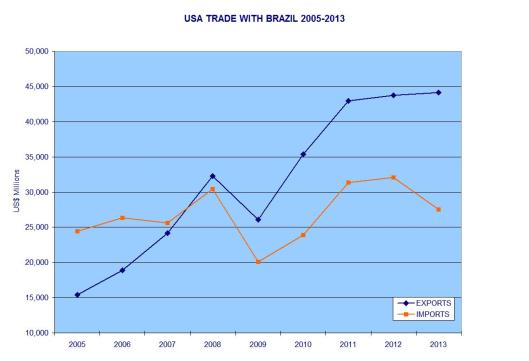Tags
Act of kindness, Bridging human divide, Compassion, Migraine, Orthodox Jew, Sick at work, Working relationships
 Woman with Migraine Headache
Woman with Migraine Headache
Photo Credit: Science Daily
The female worker was definitely not feeling well. She writhed in the chair placed on the sidewalk outside my local grocery store. A co-worker stood beside her. About half an hour later, on leaving the grocery store, I encountered a commotion outside. A fire brigade and ambulance had arrived. I watched the paramedics lift the stretcher with the woman into the ambulance. Did her family know that she was on her way to a hospital, I wondered.
It’s no fun getting sick at work, especially if you live a long way from home and use public transport, as was my case when I worked at a large retail store in West Hollywood. The journey took over an hour and half, using three buses.
One hot summer’s day with a malfunctioning air-condition system, I suffocated with the heightened fragrances of scented candles in my work area. By mid-morning, my head pounded. By lunch-break, a debilitating migraine struck. In the lunch-room, I slumped over my lunch, sickened by the assault of aromas and sounds. I couldn’t eat. The pain-killer I had taken earlier proved ineffective. Nausea kicked in. In the back of the lunch-room, I made a makeshift bed with three plastic chairs and lay down.
Staff members entered, had their lunch, and left. A few people inquired about my condition. Assured that I wasn’t at death’s door, they returned to work. My lunch-hour ended with no relief. Through a co-worker, I advised my supervisor that I felt too sick to return to the sales floor.
I had to get home. A taxi was out of the question. That could cost an entire week’s wages. My sons couldn’t help. At the time, we had no vehicle. I had to make it to the bus stop.
A woman – the only female staff member who wore ankle-length skirts to work – asked if I needed anything. Owing to different time schedules and work areas, we had never before spoken to each other. When I told her about my predicament, she offered to take me home.
I made it down the elevator to the parking lot. As I sat down in the front seat, a wave of nausea struck me. Removing her purchases from a plastic shopping bag, she gave me the bag. I felt better after emptying my stomach. What an embarrassment!
My rescuer chatted with me on the drive to my residence. Her name was Janice. She was an Orthodox Jew, married with three children. She shared a little about her life as a Jewish-American woman. This personal contact with someone of the Jewish faith was a new experience for me.
After that day, Janice and I were no longer strangers. A month later, she left the store on medical leave. I requested a transfer to a store closer to home. We never met again.
Sometimes, help comes from people we least expect to reach out to us, bridging the divide between us.






